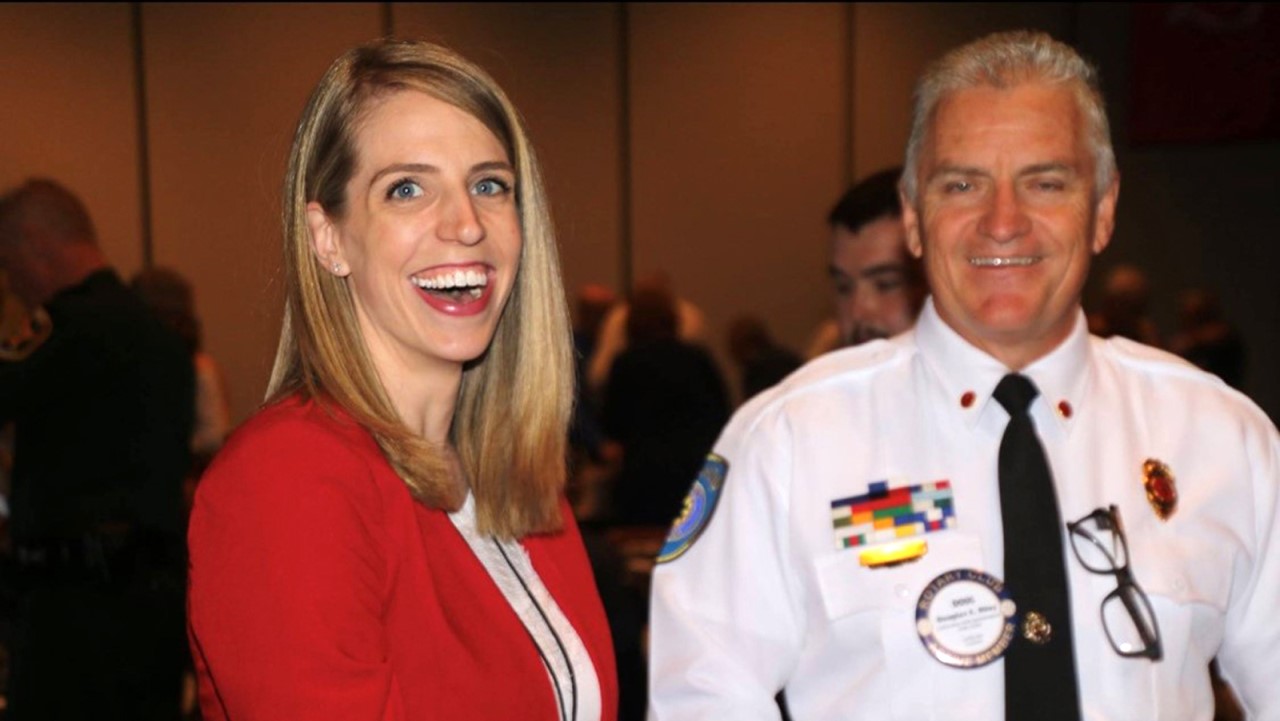
At 27, my first role in local government was as a budget analyst. I had transitioned from a prestigious fellowship in the Florida governor’s office to a county budget office—a change I eagerly embraced. I dove straight into budget season, joining an understaffed office that was managing a $1.2 billion budget.
The workload was intense, but I thrived, quickly mastering the tasks at hand. However, at my 90-day review, held at 4:45 p.m. on a Friday, my director and manager gave me feedback that caught me off guard. While they said I had quickly adapted, demonstrated strong research skills, and built great relationships with the departments I served, I needed to address my “perception” (yes, in quotation marks), specifically regarding my tendency to smile and laugh too much. This feedback, which I still have in writing as a fun memento, left me stunned. I’m from the Midwest, where smiling is just part of my cultural makeup. And what did “perception” in quotation marks even mean?
This moment became a pivotal point in my leadership journey. As I often say, you can learn just as much from a leader you don’t admire as you can from one you aspire to emulate. This feedback shaped my perspective and became a defining moment in my development.
Long story short: I went on to lead that budget office shortly after and created stability (and joy) in the team that staffed it. But the major takeaway here is that humor is a leadership skill.
In the world of leadership, particularly in the high-pressure arenas of public service, the ability to remain calm, collected, and positive is essential. For women leaders, this often means not only managing complex issues but also navigating expectations, biases, and sometimes even skepticism. One powerful tool that I wield to navigate these challenges is humor. Far from being just a means of lightening the mood, humor is a leadership skill that fosters connection, boosts morale, and creates an environment where innovation can thrive. And the research backs this up—positive work environments lead to greater collaboration, higher job satisfaction, and better overall performance.
Personally, I believe humor is a way to humanize my leadership style. When things get tense, cracking a joke can defuse that energy and remind my team that we’re all in this together. It doesn’t undermine my authority—it strengthens our connection. This approach speaks to the broader truth that humor, when used thoughtfully, can be a sign of strength, not weakness.
As a female leader, humor becomes an equalizer. It disarms tensions that might arise from gender biases and can help establish a rapport with teams, stakeholders, or the public. It’s an embodiment of my authentic leadership style that doesn’t require me to conform to traditional, often rigid, leadership expectations.
Humor isn’t just about making people laugh; it’s about making them feel seen, heard, and connected to something larger than themselves. For women leaders, it’s a tool that allows them to defuse tension, break down barriers, and create a positive, productive work environment.
By leading with positivity and using humor, women can turn tough challenges into opportunities for growth, while also inspiring their teams to do the same. In leadership, it turns out, a little laughter can go a long way.

EMILY COLON, ICMA-CM is deputy city manager of Lakeland, Florida, USA.
New, Reduced Membership Dues
A new, reduced dues rate is available for CAOs/ACAOs, along with additional discounts for those in smaller communities, has been implemented. Learn more and be sure to join or renew today!
